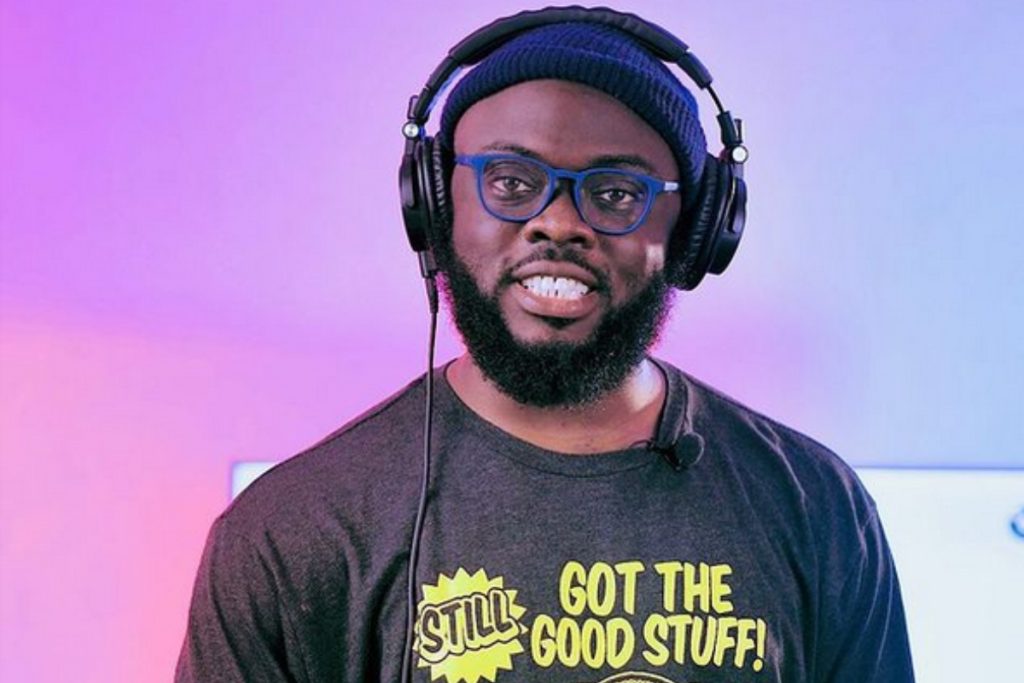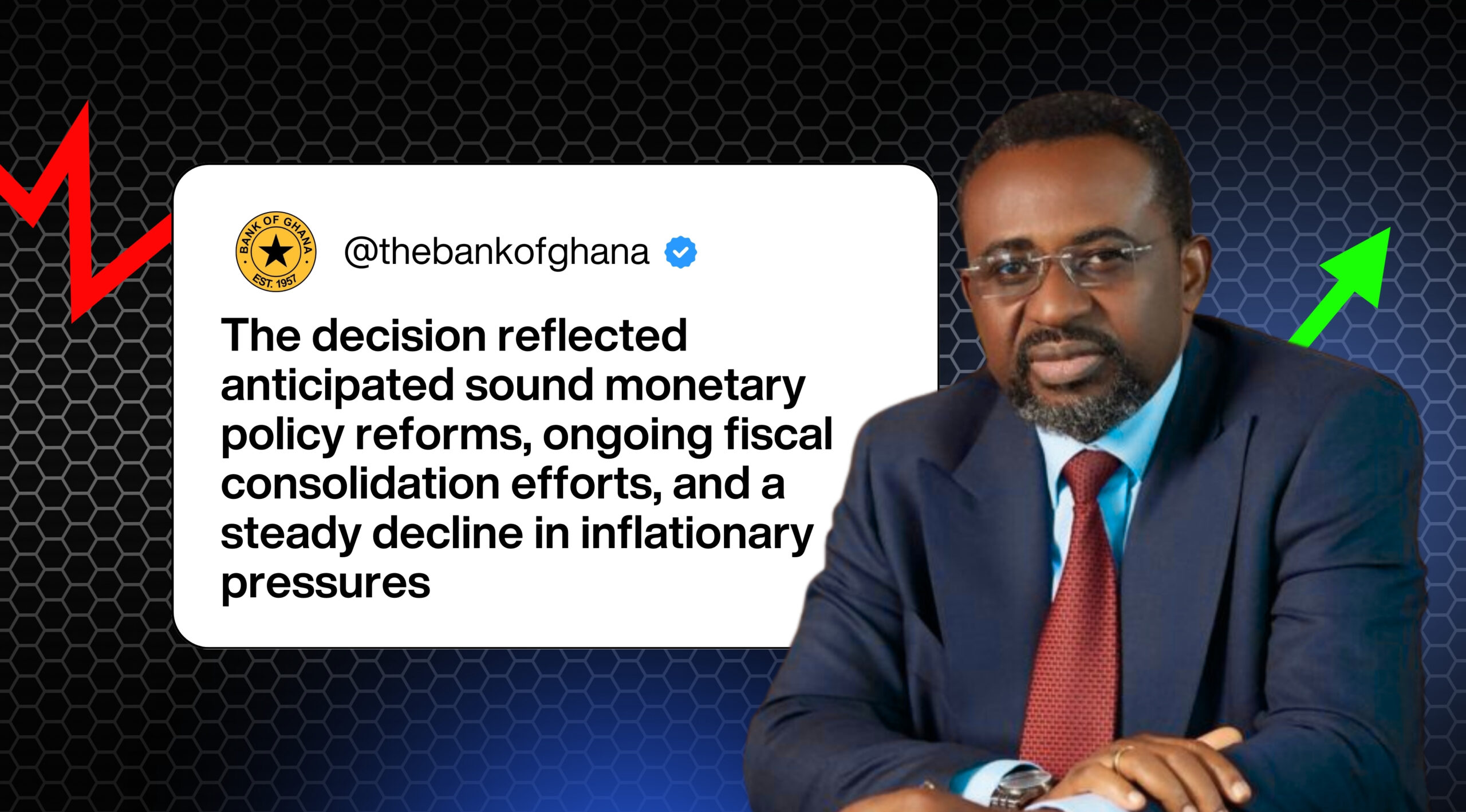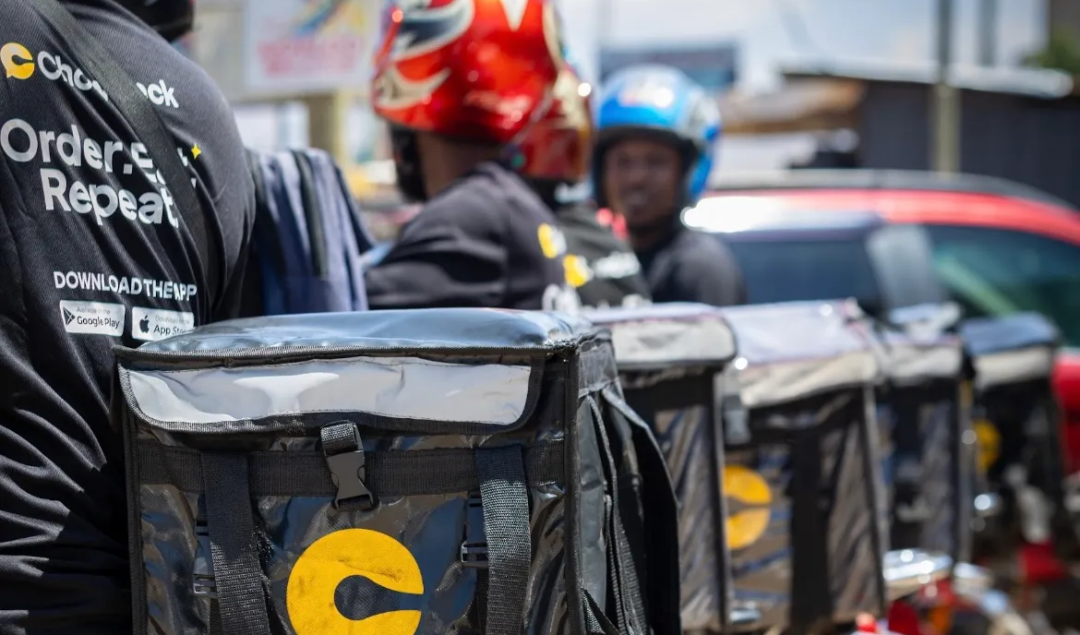He started with curiosity, a sharp sense of timing, and an instinct for what people wanted to hear. Today his name sits near the top of Ghana’s creator list.
Kwadwo Sheldon: How a Small-Town Voice Became National Sensation

Kwadwo Sheldon did not set out to be a national commentator. He did not map a media empire on a school notebook. He started with curiosity, a sharp sense of timing, and an instinct for what people wanted to hear. Today his name sits near the top of Ghana’s creator list. His story shows how simple formats, clear opinions, and steady work can turn local experience into influence.
Sheldon grew up in Pepease with his grandmother. He learned early that life has noise and pattern. Farming days taught him routine. School taught him structure. He moved to Accra to chase opportunity. Small jobs and tight budgets came with the move. Those years shaped his voice. He kept his language plain and his humor close to home. People recognised the tone. They felt it was theirs.
His break came inside media rooms. During national service he worked at Rave Media and later joined OMG Digital. There he found daily formats that matched his instincts. He volunteered for a segment called Yawa of the Day. The bit required quick takes and sharp lines. He learned to hone a single idea into repeatable content. Those short runs taught him cadence. They also taught him how to hold an audience.
Kwadwo Sheldon Studios is the next chapter. He moved from being a one-man creator to running a small production house. The studio builds shows, edits fast clips, and keeps output regular. That system turned viral hits into steady traffic. Instead of chasing the next meme, he focused on formats that viewers remember. That simple change made his channel dependable. It also made it sellable to brands.
His style blends satire, heat, and a kind of street logic. He covers politics and culture. He names moments the way a friend might over a plate of food. He points at absurdities and forces them into a new shape. People laugh. They think. They share. That combination makes him powerful in a media landscape where tone often beats facts alone.
Power brings backlash. Sheldon has seen sharp criticism. He has had stories spun against him. He answers with work. He keeps showing up. He says his success comes from hard work. That line is not a cliché in his case. It is a practice. The discipline shows in daily output and in the team he builds. He trains people to do segments his way. He grooms talent to continue the brand.
The business side matters, too. Monetising attention in Ghana is not simple. Ad rates stay low. Brand deals arrive but they are fragile. Sheldon used sponsorships, content partnerships, and occasional events to diversify income. He reinvests in equipment and people. That investment raises quality and reduces the chance that one viral clip defines his future.
Beyond money, he matters because he models how to go from content to company. Many creators start with a laptop and a dream. Few scale systems around that dream. Sheldon did. He learned to publish on schedule, to treat content like product, and to plan for multiple revenue lines. That shift matters for Ghana’s creator economy. It shows a path for others who want to turn attention into work.
His influence shows up in politics and culture. Young people watch his takes and discuss them in classrooms. Journalists monitor his work and sometimes quote him. Politicians cannot ignore him. That role carries weight. He uses it to push issues and to open doors for younger creators. He hires, trains, and points talent toward independence. That mentorship may be his most lasting contribution.
Kwadwo Sheldon also highlights risk. When creators hold public trust, mistakes happen under a bright light. Missteps amplify fast. Maintaining credibility requires rules. He seems to know that. He keeps formats tight. He avoids grand claims without proof. He brings on voices that check him. That practice helps balance opinion with accuracy.
Looking forward, he will likely expand shows and formats. Podcasting, live events, and longer interviews feel like natural fits. The studio model makes expansion practical. It also makes the brand resilient if platform rules change. For creators, his path offers a checklist: build a format, be consistent, invest in craft, and protect trust.
Kwadwo Sheldon’s rise reads like a guide for an age when anyone can speak and few can be heard. He shows that voice alone is not enough. Systems, teams, and steady output matter. His story is not about overnight fame. It is about a slow build from village rhythm to national stage. It reminds creators that culture grows from habit, not hype.
In a media world crowded with flash and noise, his work feels like a clear signal. He talks like a neighbour, explains like a coach, and laughs like someone who understands the cost of staying awake at night to get a video right. For Ghana’s creators, that mix matters. For audiences, it offers a voice that points to what we care about and why it matters. For the media industry, it poses a steady question: how do we turn clicks into careers that last?
Kwadwo Sheldon answers with his schedule and with his team. He keeps making content people recognise, trust, and share. He keeps building systems that outlive a trending clip. That is how a small town voice became a national platform, and how a creator became a media business.
Subscribe to MDBrief
Clean insights, a bit of sarcasm, and zero boring headlines.









